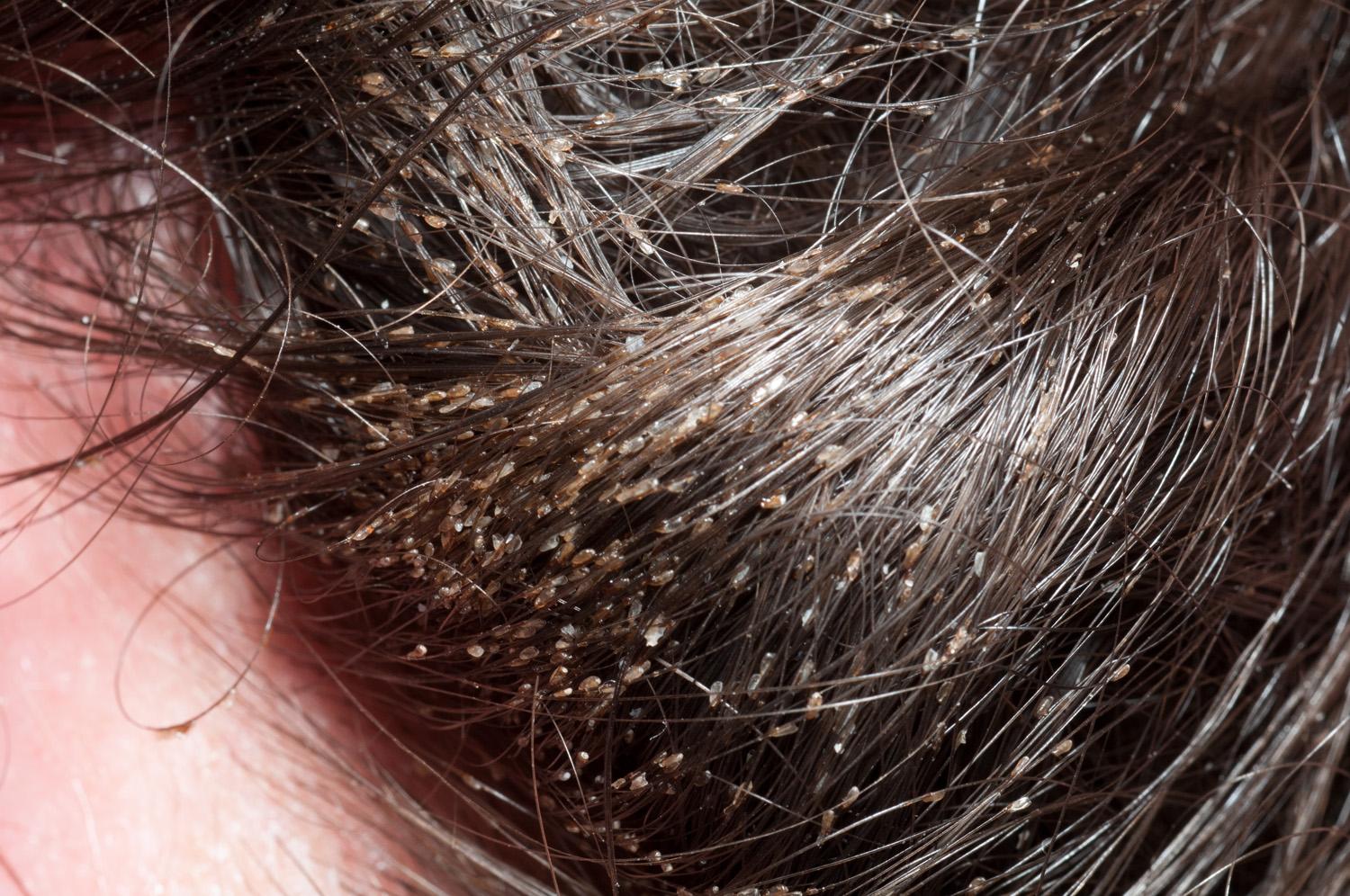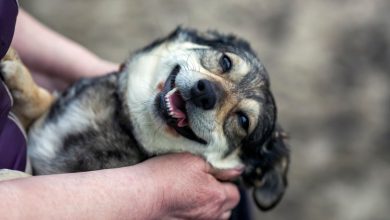Parents of a 12-year-old girl in Georgia are facing charges after she died from a possible severe lice infestation for years.
During a court hearing early this week, investigators revealed that the 12-year-old Kaitlyn Yozviak could’ve died because of lice infestation.
Wilkinson County Superior Court Judge Brenda Trammell said that the parents of the girl can be charged with second degree murder and child cruelty.
Georgia Bureau of Investigation Special Agent Ryan Hilton testified that Kaitlyn died from cardiac arrest with a secondary cause being severe anemia based on the report of the Associated Press.
The girl also suffered from medical pain brought by medical negligence.
Investigators said that the girl had “the most severe” lice infestation that their office had ever seen and that the lice infestation may have lasted for at least three years.
Repeated bites from the lice lowered her blood iron levels, which likely caused the anemia, and may have triggered the cardiac attack according to the investigator.
The child’s mother said that Kaitlyn did not take a bath for a week before she died.
Investigators also uncovered that the home of the child’s family was filthy and unhygienic.
The child’s two brothers were removed from Horton and Yozviak home because of unsanitary conditions.
According to the Centers for Disease Control and Prevention (CDC), it can take up to six weeks for those with lice to experience symptoms such as itching. Other times, a parent will only notice that a child has head lice before it’s an epidemic.
Here are tips to prevent head lice infestation based on an article of www.healthline.com:
1. Avoid sharing head-touching items
To reduce the chance of you or your child catching a case of head lice, start by not sharing items that touch the head. Avoid sharing:
• combs and brushes
• hair clips and accessories
• hats and bike helmets
• scarves and coats
• towels
• headsets and earbuds
2. Minimize head-to-head contact
Ask your child to avoid games and activities that lead to head-to-head contact with classmates and other friends. Put long hair in a ponytail or braid. A small amount of hair spray may help contain stray hair.
3. Separate personal belongings
Shared spaces and shared belongings can be breeding grounds for lice. Ask your child to keep their belongings — especially hats, coats, scarves, and other clothing —out of common areas. For safety’s sake, adults should take similar precautions.




